by Rafaël Newman

When I was eleven years old, Eva Kornpointner, my mother’s mother—our Grossmutti, as we were taught to call her—took me, together with all five of her other grandchildren, on a trip up the Rhine. Our ultimate, trans-Rhenish objective, after we had crossed the Swiss border at Basel, was Zurich and its hinterland, where Grossmutti had been born in 1906 into a family of German immigrants to Switzerland; along the way we visited other sites of personal importance to her in Germany, such as Munich, where she briefly attended university in the 1930s and where our grandfather had been born, and Coburg, in Upper Franconia, where her ancestors, according to family legend, had helped to build the famous castle. We were confounded by the enormous, filthy Cologne Cathedral, admired the more congenial Mainzer Dom, and goggled at the “devil’s footprint” in the Münchner Frauenkirche, the legendary vestige of a metaphysical architectural dispute. (Churches figured prominently on Grossmutti’s itinerary: surprising, given her lifelong commitment to atheism and progressive politics, but inextricable from German history.)
In Switzerland, Grossmutti took us on a tour of the city of Bern, where we played chess with life-sized pieces on an outdoor board in the Rosengarten, Napoleon’s vantage point upon briefly occupying Switzerland, and sniffed wonderingly at what seemed to be chocolate-scented vapors emanating from manhole covers in the Altstadt. When we did finally arrive in Zurich we were treated to homemade plum tart by Fee Meyer, our mothers’ cousin and one of our last remaining local relatives. Fee also escorted us on a hike up the Uetliberg and a visit to the neighboring town of Rapperswil, the home of her aging mother, our great-aunt Käthe, Grossmutti’s eldest sister. Tante Käthe (whom her wizened aspect and lack of English, together with whispered family legend, had conspired to give a forbidding aura) had spent the war years in Germany, having returned to the family’s homeland in the 1930s along with one of her brothers; this latter had then stayed on, in what was to become East Germany, while Käthe and her daughter Fee made their way back to Switzerland in the late 1940s. Read more »

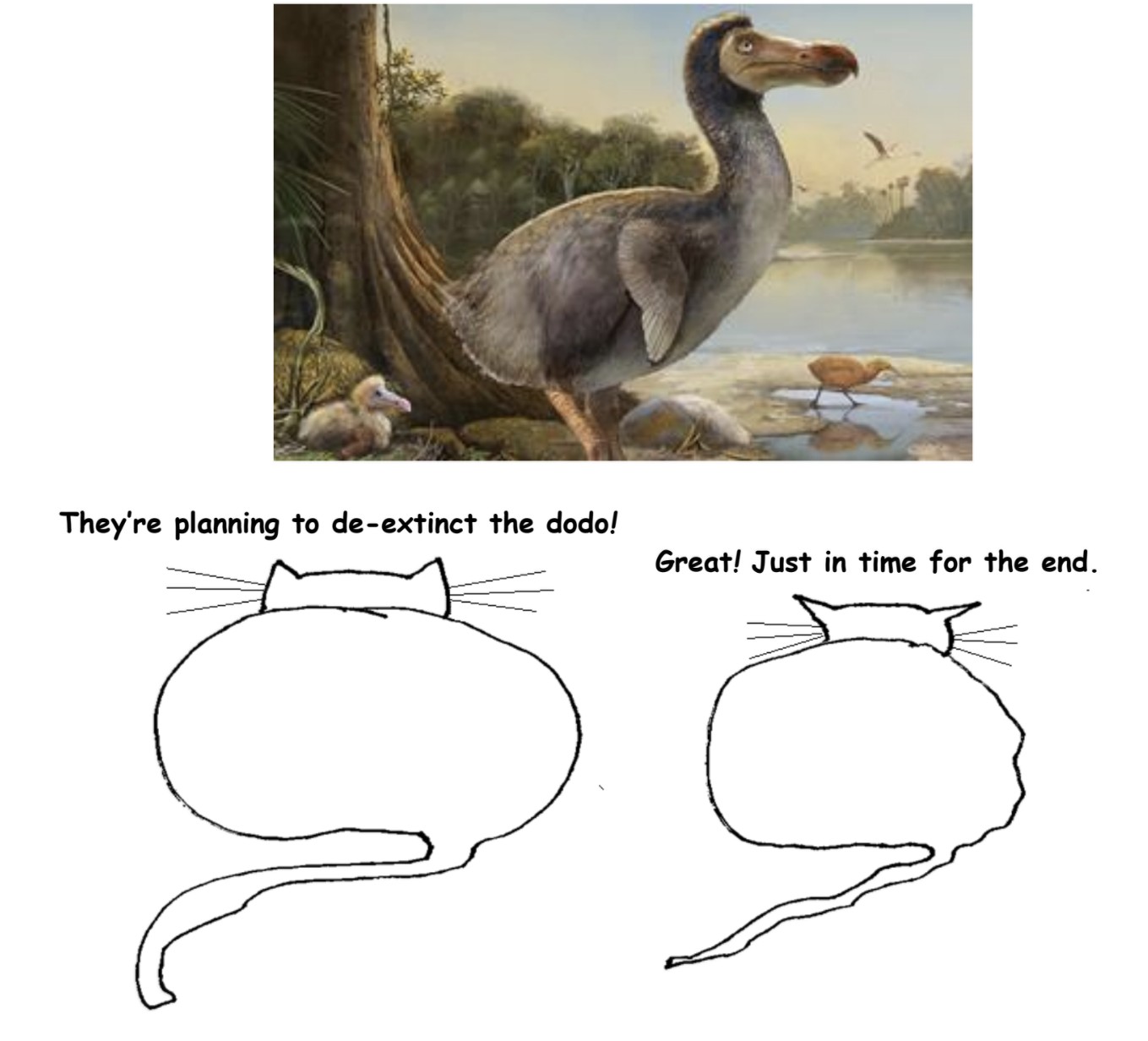
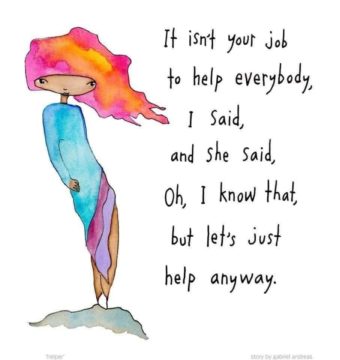 Will re-branding Covid help people start acting to protect themselves from it? Maybe we need an ad campaign to kick-start public health. Outside of judicial rulings and before marketing, we had religious leaders to remind us to the best ways to survive, and before that we had stories passed down for generations to help keep children safe from harm by altering their behaviour,
Will re-branding Covid help people start acting to protect themselves from it? Maybe we need an ad campaign to kick-start public health. Outside of judicial rulings and before marketing, we had religious leaders to remind us to the best ways to survive, and before that we had stories passed down for generations to help keep children safe from harm by altering their behaviour,



 Masjid Al Aqsa, or The Far Mosque of Jerusalem, as the Quran calls it, is emblematic of the spirit of compassion and transcendence for Mevlana Rumi. “A heart sanctuary,” in the words of Rumi in his poem “The Far Mosque,” Al Aqsa represents a conquest over the egoistical desires of dominance, greed, vanity, violence and supremacy. It is held together by the sacred energy of merciful love, even “the carpet bows to the broom/the door knocker and the door swing together/like musicians.”
Masjid Al Aqsa, or The Far Mosque of Jerusalem, as the Quran calls it, is emblematic of the spirit of compassion and transcendence for Mevlana Rumi. “A heart sanctuary,” in the words of Rumi in his poem “The Far Mosque,” Al Aqsa represents a conquest over the egoistical desires of dominance, greed, vanity, violence and supremacy. It is held together by the sacred energy of merciful love, even “the carpet bows to the broom/the door knocker and the door swing together/like musicians.”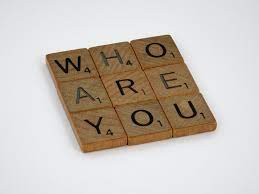
 In 2016,
In 2016, 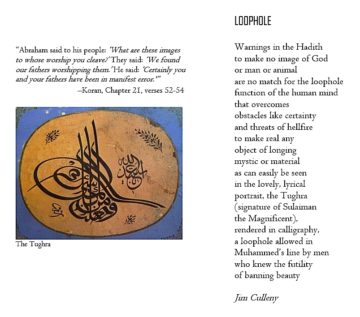
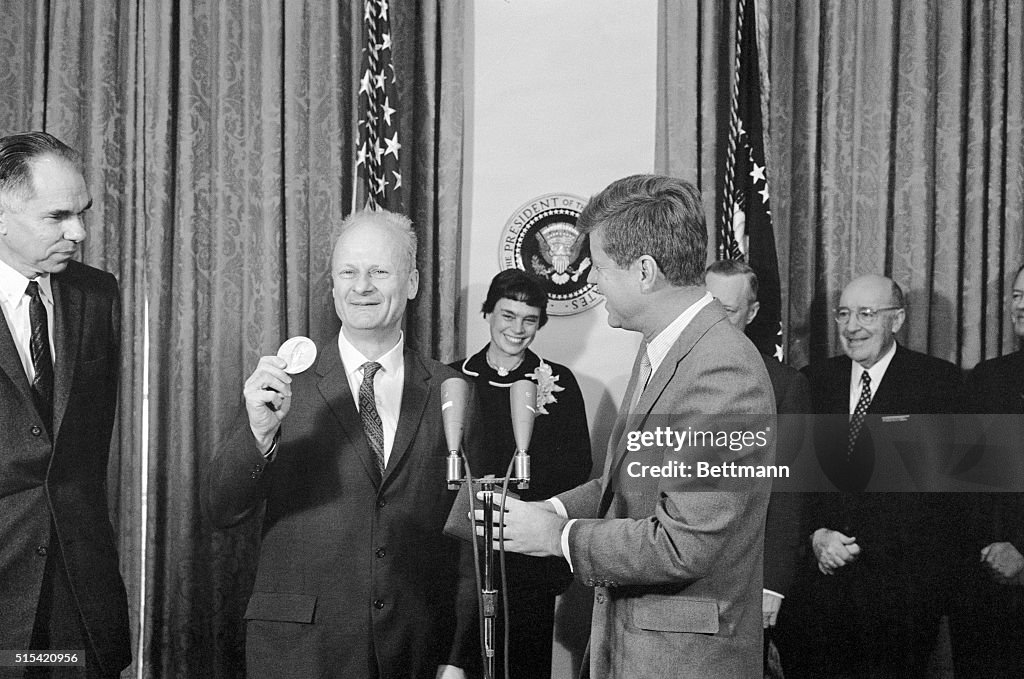

 Khalil Rabah. About The Museum, 2004.
Khalil Rabah. About The Museum, 2004.
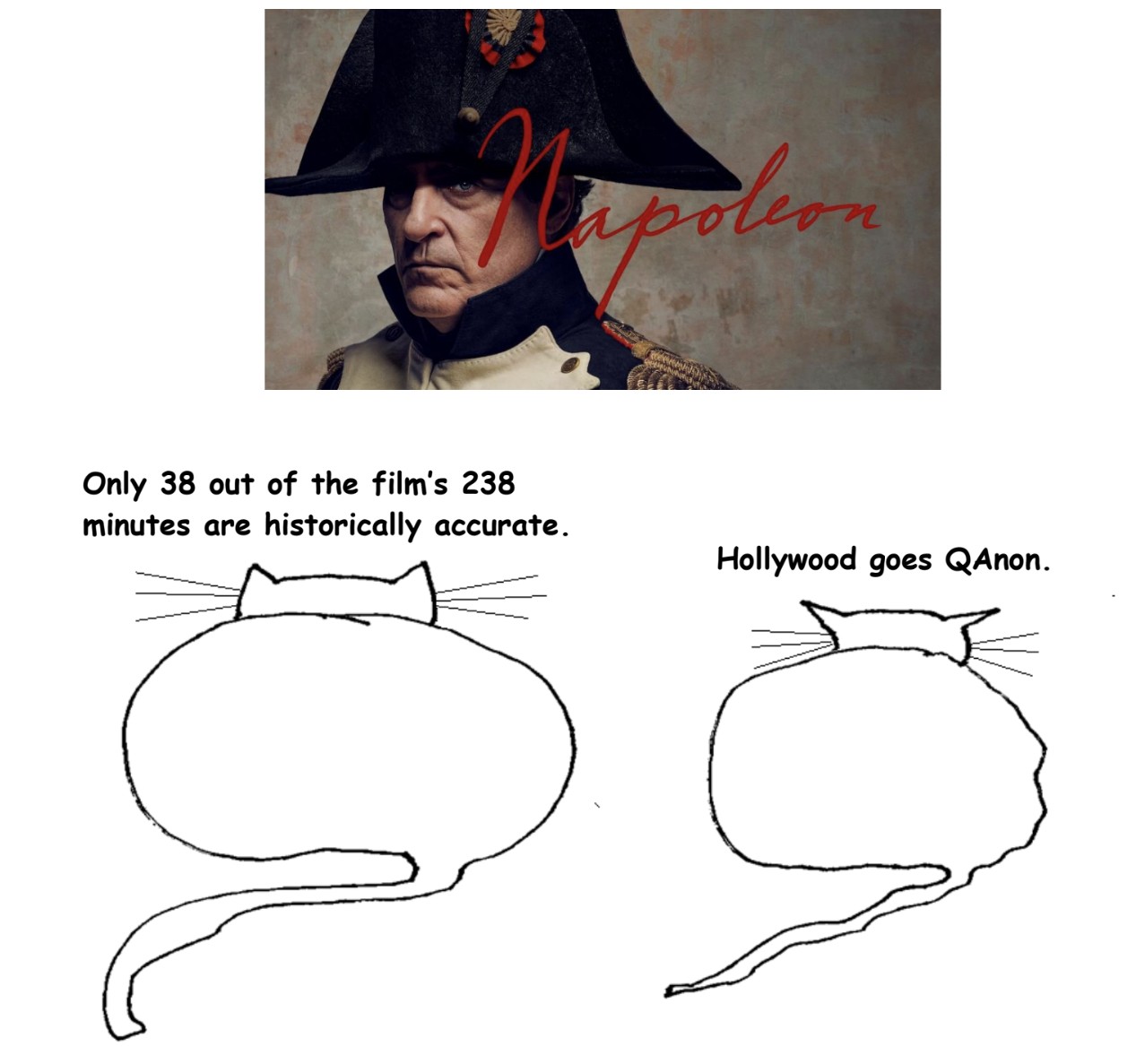
 If a city could be an organism, then Kherson in Eastern Ukraine would be a sick body. For eight months, between March and November 2022, Kherson was occupied by Russian forces. Kidnapping, torture, and murder – in terms of violence and cruelty, Kherson’s citizens have seen it all. Today, even though liberated, the port city on the Dnieper River and the Black Sea is still being regularly bombarded: a children’s hospital, a bus stop, a supermarket. Even though freed, how could this city ever heal?
If a city could be an organism, then Kherson in Eastern Ukraine would be a sick body. For eight months, between March and November 2022, Kherson was occupied by Russian forces. Kidnapping, torture, and murder – in terms of violence and cruelty, Kherson’s citizens have seen it all. Today, even though liberated, the port city on the Dnieper River and the Black Sea is still being regularly bombarded: a children’s hospital, a bus stop, a supermarket. Even though freed, how could this city ever heal?